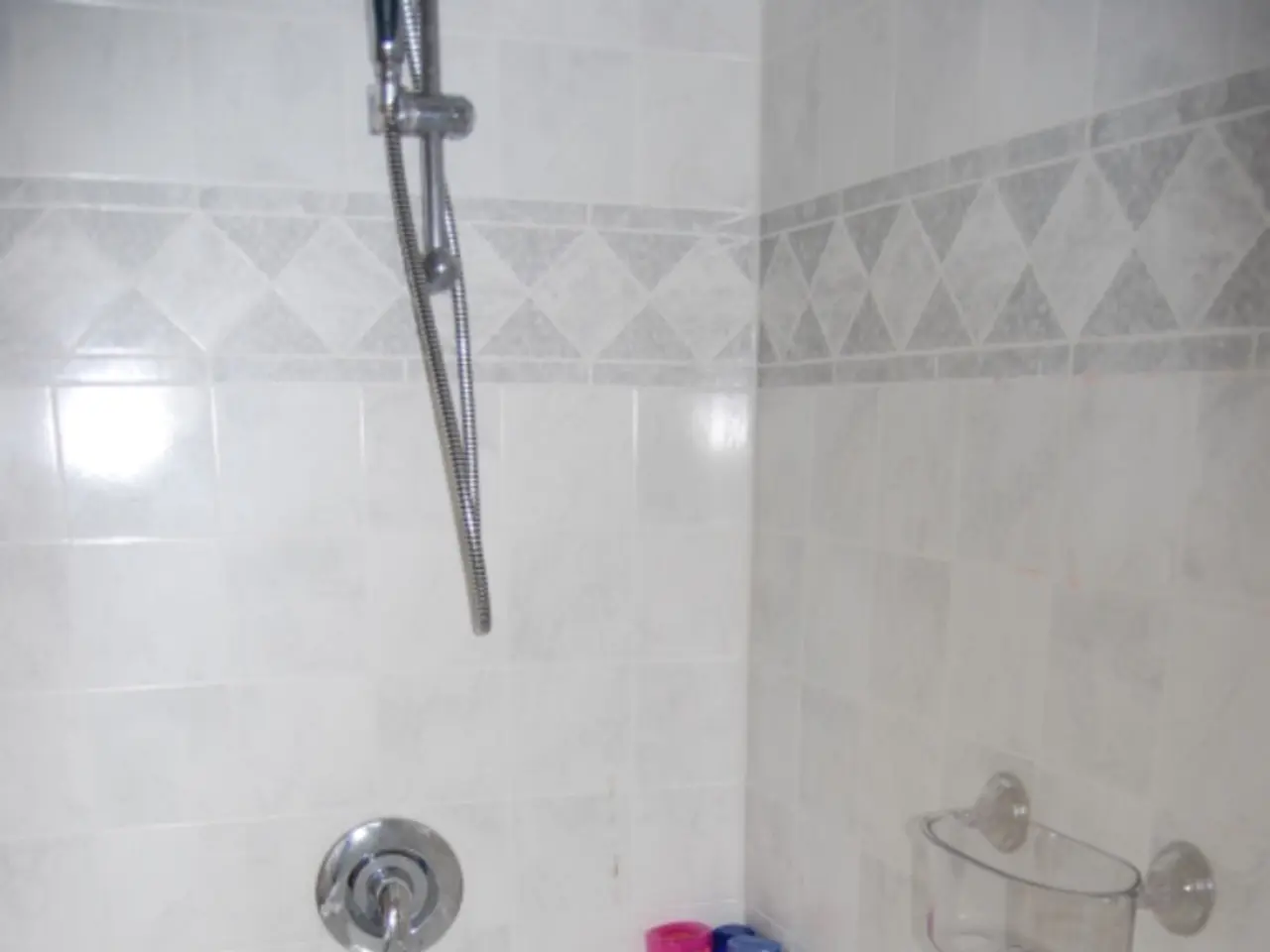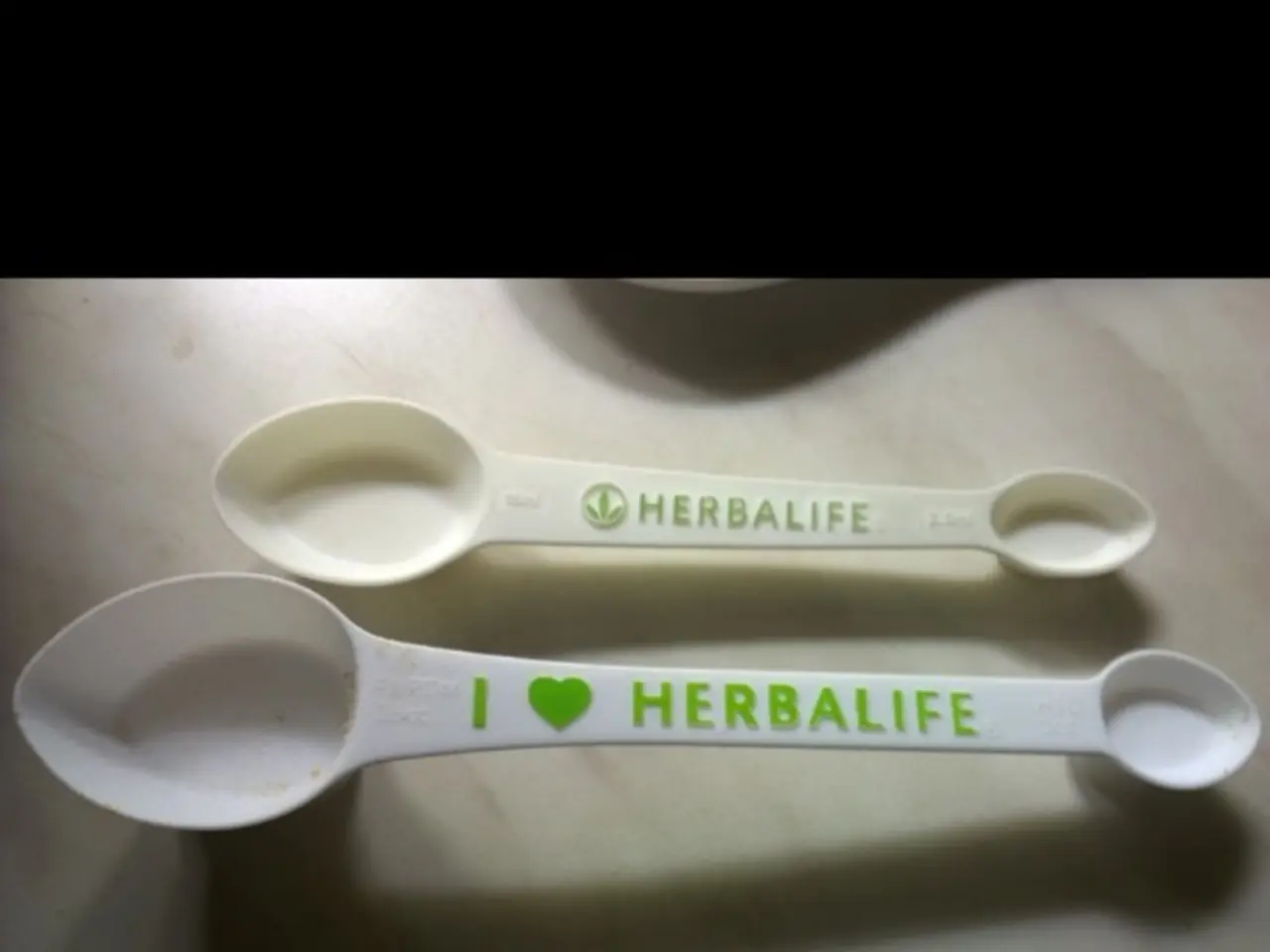Shower-induced Itchiness: Understanding Causes and Offering Solutions
For individuals with sensitive or itchy skin, choosing laundry products that are fragrance-free and dye-free can help prevent irritation. When it comes to soothing itchy skin after a shower, there are several effective home remedies to consider.
One such remedy is an oatmeal shower or bath. Oatmeal contains natural soothing compounds that create a protective layer on the skin, helping to calm itchiness and irritation. To prepare an oatmeal shower, hang an oatmeal-filled bag under the showerhead so water passes through it, creating a milky solution to gently cleanse and soothe the skin. Alternatively, apply a cooled oatmeal paste to affected areas while in the shower and let it sit for 10–15 minutes before rinsing off.
Another important tip is to use lukewarm water and gentle cleansers. Avoid hot water and harsh soaps, which can dry out the skin and worsen itching, especially for sensitive or eczema-prone skin. After showering, pat skin dry gently to prevent further irritation, and apply fragrance-free, emollient-rich moisturizers right away to restore the skin barrier and retain moisture. Products containing ceramides and colloidal oatmeal are particularly helpful for repairing skin and relieving itchiness caused by dryness or eczema.
Cold compresses or aloe vera gel can also provide targeted relief for itchy skin. For those looking to determine the cause of their itchy skin after showering, it's essential to consider factors such as dry skin, eczema, or reactions to skincare or laundry products.
Dry skin (xerosis) typically causes generalised itchiness, rough or flaky skin, often worsened by hot showers, low humidity, or insufficient moisturizing. Eczema (atopic dermatitis) is characterised by red, inflamed patches that may be scaly, cracked, or weepy, often with a history of flare-ups triggered by irritants, allergens, or stress. Allergic or irritant reactions may occur if itching worsens after using a new soap, shampoo, lotion, or detergent, or if there is a rash localised to areas exposed to these products.
If itching after showering persists after trying home remedies, it is best to speak with a healthcare professional. A dermatologist may be able to provide recommendations on which specific products to use for eczema, and can help determine whether dryness, eczema, or product sensitivity is the root cause. Watch for other symptoms such as peeling, scaling, or rashes, as they may indicate a condition that needs medical treatment.
Prevention tips include using cooler water for shorter showers, avoiding fragrances and harsh soaps, and avoiding using washcloths, scrubs, or harsh sponges. Showering no more than once daily can help prevent dry skin, while children may be able to shower less frequently, about once or twice per week. People with eczema may need to use hypoallergenic products and apply moisturizer throughout the day, including after showering.
Scented laundry products could also lead to post-shower itching, especially if used on towels. Remedies for dry skin include taking shorter showers, applying moisturizer immediately after towel drying, avoiding harsh products, and using moisturizers free from fragrances and dyes.
It's important to remember that scratching the skin can irritate and injure it, making the itching worse. People may be able to prevent these issues by speaking with a dermatologist about their concerns. Treating dry skin itch may require additional care beyond lotions or moisturizers.
In summary, soothing itchy skin after showering primarily involves avoiding hot water, using gentle cleansers, incorporating oatmeal treatments, and applying moisturizers promptly. Identifying whether dryness, eczema, or product sensitivity is the root cause depends on symptom patterns, skin appearance, and exposure history.
- For individuals with itchy and sensitive skin, opting for laundry products devoid of fragrances and dyes helps prevent irritation.
- Oatmeal, with its natural soothing compounds, is an effective home remedy for itchy skin, creating a protective layer to alleviate irritation after a shower.
- To prepare an oatmeal shower, one can hang an oatmeal-filled bag under the showerhead, causing water to pass through it and create a milky solution.
- Alternatively, apply a cooled oatmeal paste to affected areas while in the shower, allow it to sit for 10–15 minutes, and then rinse off.
- Using lukewarm water and gentle cleansers during showering benefits sensitive skin, as hot water and harsh soaps can exacerbate itching.
- After showering, gently pat the skin dry to prevent further irritation and apply fragrance-free, emollient-rich moisturizers promptly to restore the skin barrier and retain moisture.
- Moisturizers containing ceramides and colloidal oatmeal are particularly beneficial for repairing skin and relieving itchiness caused by dryness or eczema.
- Cold compresses or aloe vera gel can provide targeted relief for itchy skin, helping alleviate localised discomfort.
- Dry skin (xerosis) often causes generalised itching, rough or flaky skin that worsens with hot showers, low humidity, or insufficient moisturizing.
- Eczema (atopic dermatitis) reveals red, inflamed patches that may be scaly, cracked, weepy, and may have a history of flare-ups triggered by irritants, allergens, or stress.
- Allergic or irritant reactions may occur if itching worsens after using a new soap, shampoo, lotion, or detergent, or if a rash localised to areas exposed to these products appears.
- If itching after showering persists, it's essential to consult a healthcare professional to determine the root cause, which may be dryness, eczema, or product sensitivity.
- A dermatologist can provide recommendations on which products to use for eczema treatment and help determine the root cause.
- Calm down dry skin by taking shorter showers, avoiding harsh products, and using moisturizers free from fragrances and dyes.
- For those seeking treatment for health conditions such as diabetes, ankylosing spondylitis, ulcerative colitis, psoriasis, Alzheimer's, or obesity, science and health & wellness research are continually exploring predictive treatment methods, including skincare routines and disease management strategies.




